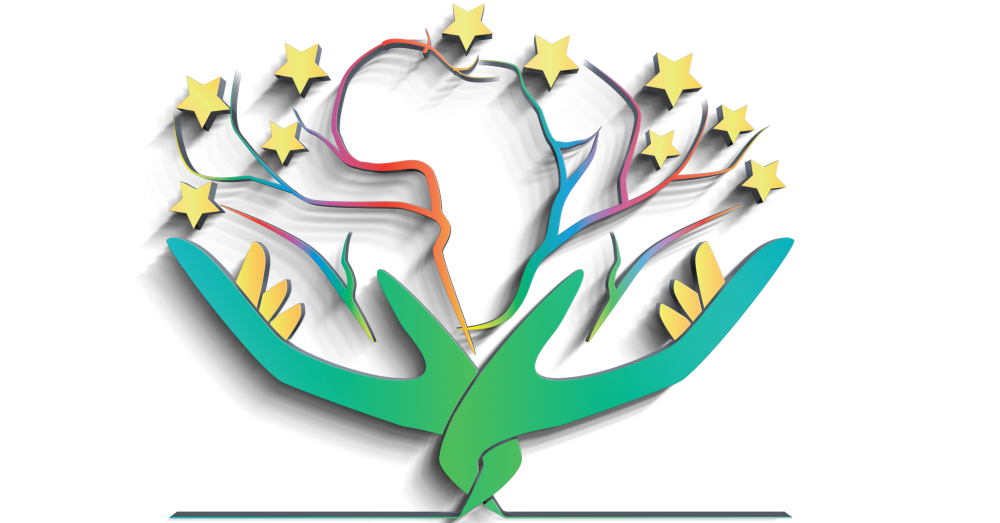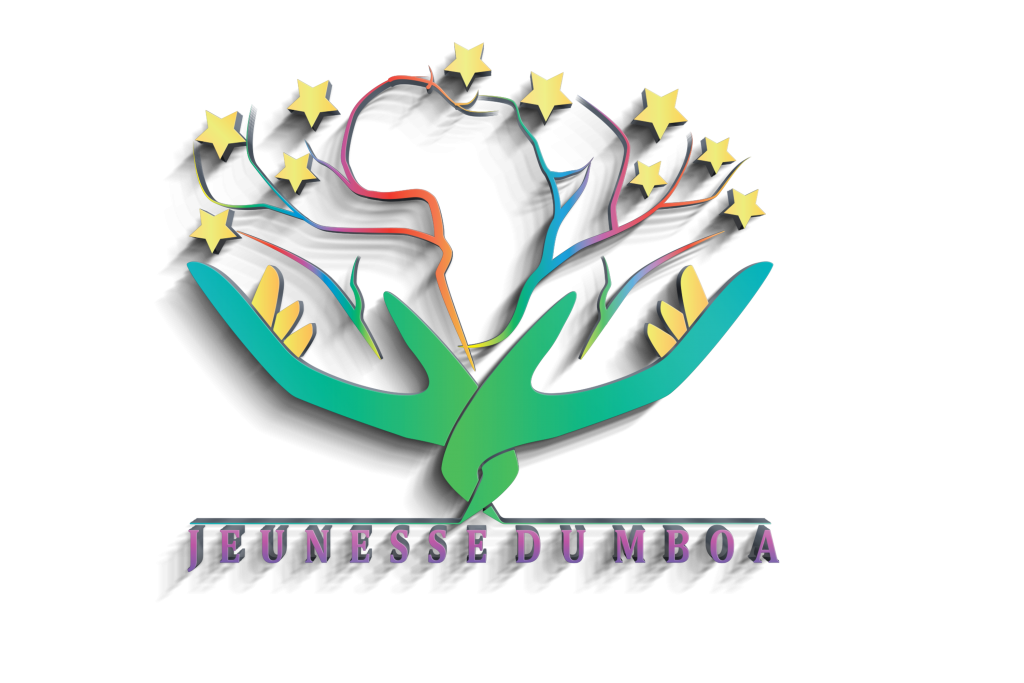C’ est l’une des voix les plus captivantes du Cameroun. Lauréate du prix découverte Goethe en 2018, elle est bien connue des mélomanes. Sa voix est puissante, ses paroles profondes et son style plus qu’original. Son premier album, Kwacoco Bible, est depuis septembre dans les bacs et nous avons décidé d’aller lire l’evangile de kwococo selon Joyce Babatunde.
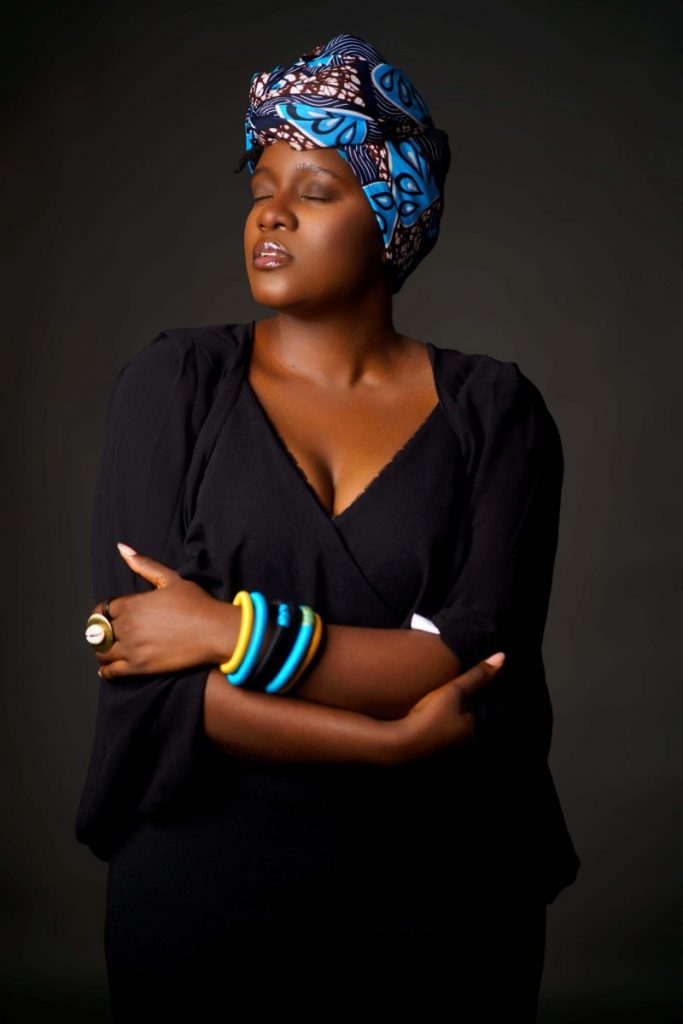
Pouvez-vous vous présenter à nos lecteurs?
My name is Joyce Bih Babatunde, 33years of age from the Northwest Region of Cameroon. I’m an Afrosoul artist and an all round creative.
Comment est née ta passion pour la musique et à quel moment décides-tu de faire carrière?
My love for music reaches well back into my childhood days. Singing in the children’s choir, the school choir etc. I started writing songs and poetry in Form 4. I believe music was a gift; but I also credit the fact that my upbringing and family provided a space for my love for the arts to grow.
Comment décrirais-tu ton style?
My music is a melting pot genre which I call AFROSOUL. It hinges fundamentally on Soul music but I have incorporated into that, other genres like rap, a little Afrojazz, some strains of RnB; all melded with African Rhythmic patterns and chants. It’s quite experimental and I love it.
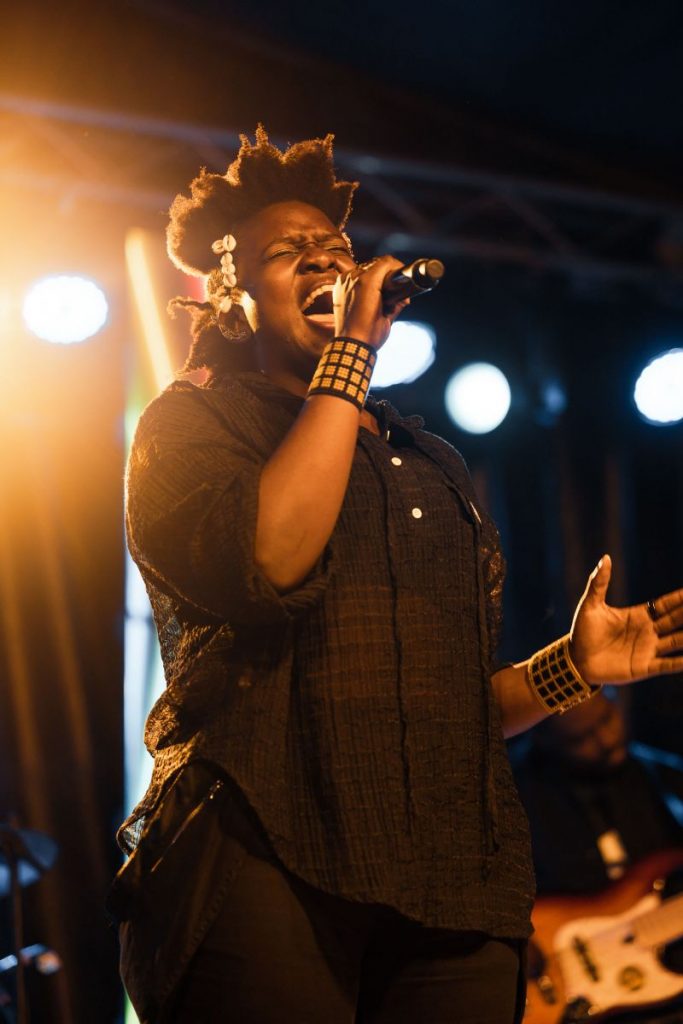
Parle-nous de Kwacoco Bible
Kwacoco Bible is a meal from the Southwest region. It is peculiar in that while being pretty compact, it’s all all in one dish. Which means it contains almost all of the food groups.
It is therefore, this multicomponent spirit, that is reflected in the album. It’s sonic diversity is unparalleled; touching local rhythms like Njang, Essewe, Bikutsi, Mbaghallum – just to name a few; but also has an interplay of international genres like Soul, Rap, Funk and Spokenword too. I like to think of it as a letter to the world with a secret subtext for Cameroon.
Another key element is the variety of themes explored from Resilience to Love, the ongoing Anglophone crises, hope … it’s like a mini library which explores the nuances of life, seeking to infuse a sense of hope. But also, pushing other creatives to dare to color outside the lines and offer something different.
Comment ton public a-t-il accueilli cet album? Est-ce à la hauteur de tes attentes?
The overall feedback for the album has been great. The key words i keep getting from reviews is « Audacity » and « Authenticity ». To me, that’s a huge win because that is what we wanted to embody with this project.
On ne te voit pas assez sur les plateformes de promotions (TV, radio, streaming), comment promeus-tu ton album?
As an independent artist, promotion is not an easy feat primarily because, it requires extremely huge budgets. That said, we are doing the most we can within our means to get word out and maximize every single opportunity we have. Doing music which is different as well means we have a bigger challenge of getting people’s palates acclimated to an alternative sound. It is challenging but, we are determined.
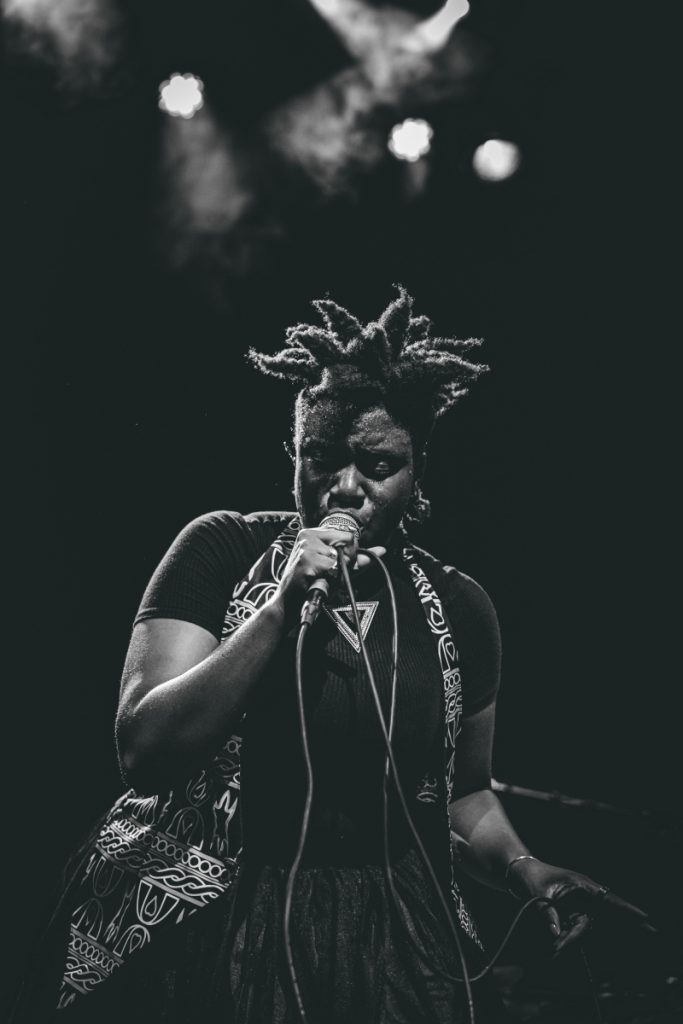
Tu aimes clamer que tu es une “Bamenda girl” et tu parles dans tes chansons de la réalité de la crise sociopolitique qui y sévit depuis 7 ans. Te considères-tu comme une artiste engagée?
Even without claiming it, Je suis Bamenda – like Le Jovi sang. Lol. As an artist I believe part of my duty is to talk about the different facets of the society I live in. The good, the bad, the ugly, the hopeful. And that’s what I’m simply doing when I broach the ongoing crises. I leave the decision of whether to call me an engaged artist or not, to the public.
Après Kwacoco Bible, penses-tu déjà à un autre projet?
There will definitely be new projects down the line. But « Kwacoco Bible » is relatively new and every baby needs time to crawl, walk and then run. So for now my focus is getting it to reach as far as is possible through live showcases, exchanges, creative partnerships and visual content to facilitate it’s assimilation.
Visionnez l’album via ce lien
Nadia Ed
